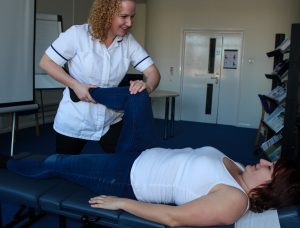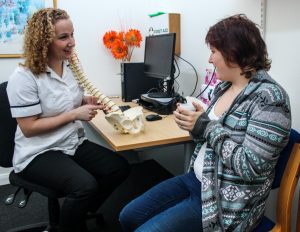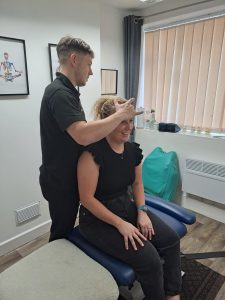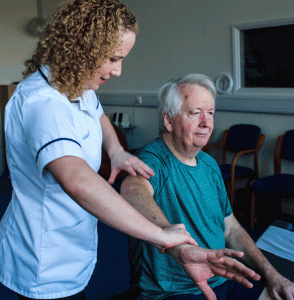by Sarah Williams
As a headache sufferer herself, this is a topic Sarah is quite passionate about. In the UK alone, more than 10 million people suffer from headaches, making it one of the most common disorders of the nervous system. For migraine sufferers alone that equates to 25 million working/ school days being lost every year in the UK.
Chiropractic treatment examines at the interaction between joints, muscles and nerves. Treatment can offer relief from headaches by relaxing muscles in the neck and face which can become shortened and congested during attacks. Traction of the neck can alleviate nerve pain and tension in the area. It is also very common in headache sufferers to have restricted joints in the neck, we look to assess and restore normal motion and function to these joints.
There are lots of other treatment types as well such as pain medication, stretching, headache diaries, changing habits, changes to your own stress coping mechanisms and dietaries changes such as an anti-inflammatory diet.
Prevention is KEY, do you know YOUR headache? And do you have any triggers?
Two of the most common headaches are tension headaches and migraine headaches. Other types of headaches include:- trigeminal autonomic cephalalgias (which cluster headaches fall under), headaches arising facial structures (such as head, neck, sinuses, teeth, eyes, ears and nose), vascular disorders, stress, hormones, neuropathies, dehydration, lack of sleep, substance use, infection, and trauma to the head.
Headaches can present differently. Tension headaches can be described as a steady tightness or pressure band across the head that can spread down to the neck, whereas migraine headaches are pulsating pain usually one sided, severe in intensity commonly associated with feeling sick and light sensitivity, with or without an aura. Tension headaches are commonly related to stress and anxiety, posture, squinting, tiredness, dehydration, nutrition, light exposure, inactivity and noise. It is believed tension headaches are caused by the over contraction of head and neck muscles.
The cause of migraine headaches is still deeply disputed. Some suggest it’s a trigger deep in the brain that leads to release of pain-producing inflammation, others believe it is an imbalance of blood vessels in the brain widening and narrowing, some believe it to be related to family history. It is common with migraines for sufferers to have a trigger, this could be emotional, physical, environmental, medicinal or dietary.
For more information on headaches, feel free to contact the clinic, speak to your GP or look at the information provided from these organisations:-




